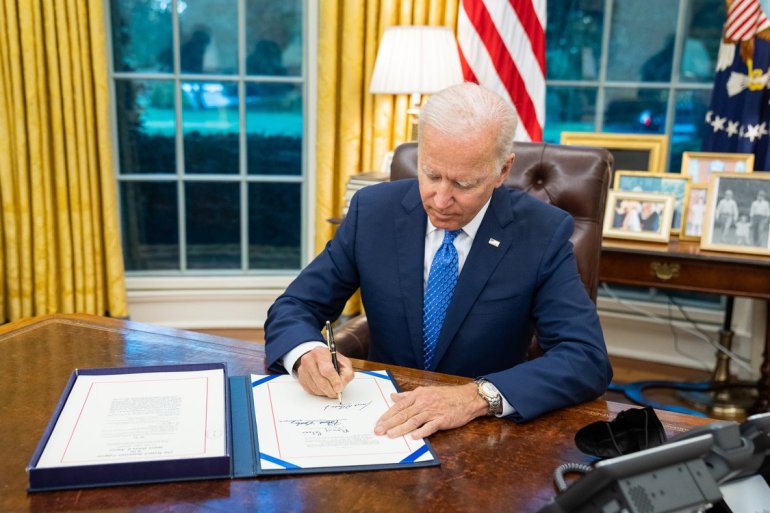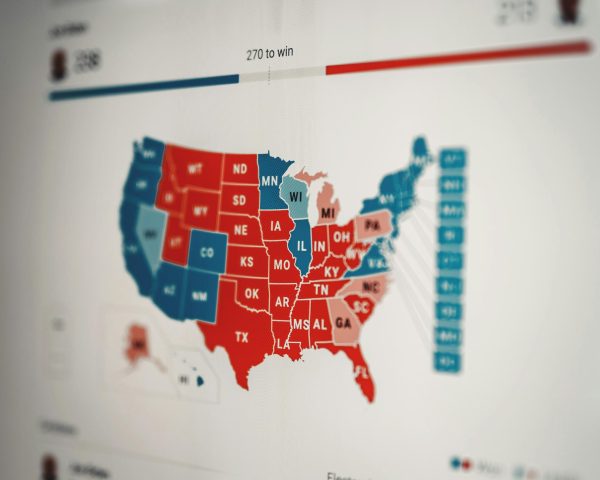Biden Signs Bill To Avoid Government Shutdown
According to the White House, Biden signed Congress’s stopgap funding bill on Thursday night to stave off a government shutdown. After weeks of debate between the Republican and Democratic parties, the votes in the House of Representatives and the Senate had led to a signal to move the bill along; they were able to pass it along by a 254-175 vote in the house, with a 65-35 result in the Senate. The government funding was set to expire at midnight on Thursday, but the timely passage of the bill and Biden’s signing a few hours prior greatly efficiently averted a shutdown.
The bill not only sustains federal funding but also provides billions of dollars to assist in national and worldwide issues. One of its uses is to resettle Afghan refugees and help out Americans who battled with natural disasters in the previous summer. This includes relief from hurricanes, floods and forest fires.
Janet Yellen, secretary of the Treasury, predicts that the government could run out of cash by October 18. This could lead to an unprecedented threat of default unless further measures are taken. The House attempted to enact a bill regarding this issue, one that would raise the debt ceiling.
However, this effort was resisted by the Republicans, who claimed they would support a stopgap bill if it did not include a debt limit sentence. Democrats have supported the stance to raise the debt ceiling for several years, and believe it is the only viable solution to the impending destruction of the nation’s financial well-being.
Senate Minority Leader Mitch McConnell has just passed a new deal: he will let the Democrats increase the nation’s borrowing capacity for a span of two months. However, they will need to vote on a higher debt limit number instead of a temporary solution. McConnel has also proposed that Democrats can proceed even without Republican support— by following the reconciliation process.
Nevertheless, Majority Leader Chuck Schumer is wary of this process and is currently looking for other avenues. Democrats hold this process to be too risky, as they believe that if the reconciliation were to occur, it would essentially be starting from scratch.
It is estimated that if this approach is eventually implemented, moving forward with reconciliation would take about two weeks. However, with the impending threat of a default, this process could go much quicker.

Akshata is a senior who loves to be creative and put her mind to things. She has been in the newspaper for three years, and is excited to finish her final...




